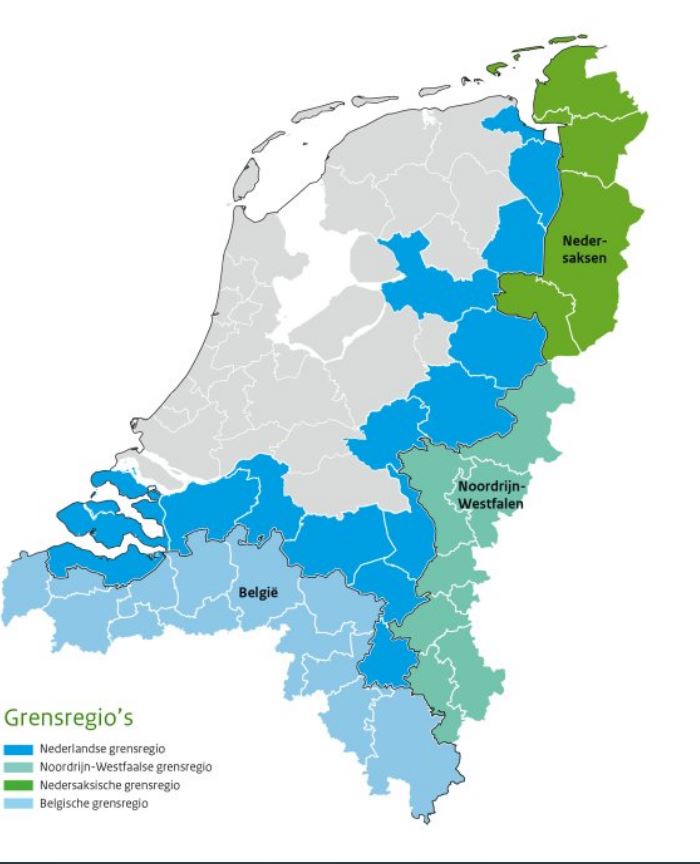ITEM's Martin Unfried present at EU Conference about Border Regions
Martin Unfried from the Institute for Transnational and Euregional Cross-border cooperation and Mobility / ITEM of Maastricht University was present at the launch conference 'Boosting Growth and Cohesion in EU Border Regions' of the European Commission in Brussels. At the event the existing good practices set out in the document were shared by experts. During the session Unfried gave background information about ITEM’s annual Cross-border Impact Assessment, which was put forward by the Commission as a good practice in regards to the improvement of the legislative process within the European Union.
On 20-21 September 2017 the Regional Policy of the European Commission organised a Conference to launch the adoption of the Commission’s Communication “Boosting Growth and Cohesion in EU Border Regions”. During the Conference the Commission outlined their findings on persisting legal and administrative obstacles to border interaction and put forward examples of what can be done to remove hurdles that obstruct growth and labour mobility in border regions. At the event the existing good practices set out in the documents were shared by experts.
Martin Unfried from the Institute for Transnational and Euregional Cross-border cooperation and Mobility / ITEM of Maastricht University was a panel leader in the session about 'Preventing and Overcoming Border Obstacles'. During the session Unfried gave background information about ITEM’s annual Cross-border Impact Assessment, which was put forward by the Commission as a good practice in regards to the improvement of the legislative process within the European Union.
Martin Unfried started his talk by saying that the bad news for cross-border regions was the fact that the complexity with respect to social security systems, taxes, health care and in other fields are even growing. He calls that the paradox of EU integration. Despite EU harmonisation in certain sectors, there was a tendency towards even more sophisticated systems in other sectors driven by the Member States. The truth is that cross-border regions have to accept this growing complexity that will not disappear in the short or middle term. However the good news is, according to the ITEM researcher, that cross-border regions can certainly build-up capacities to monitor the negative effects of EU and national legislation in order to better influence national and European law and policy making.
The Session was recorded via a live stream and can be watched via the link below (starting 02:17:34)
BOOSTING GROWTH AND COHESION IN EU BORDER REGIONS - day2
Read more about ITEM’s Cross-border Impact Assessment via the link below:

Relevant links
Also read
-
On Wednesday 15 March 2023, there will be elections in the Netherlands. We will then vote for the Provincial Council and the District Water Board. Seven of the 12 Dutch provinces border a neighbouring country. Cross-border cooperation and special attention for border regions is therefore extra...
-
The importance of cross-border cooperation manifests itself more than ever during the coronapandemic. Multi-level governance is the foundation for taking the next steps; looking for each other and perpetuating relationships at all levels, in administration, politics and practice. This became clear...
-
Unless the EU rules and tax treaties are amended, some cross-border workers will soon have to pay tax in two countries: in their country of residence for hours spent working from home, and in the country in which they work for hours spent in the office. Since COVID-19 has made working from home...


